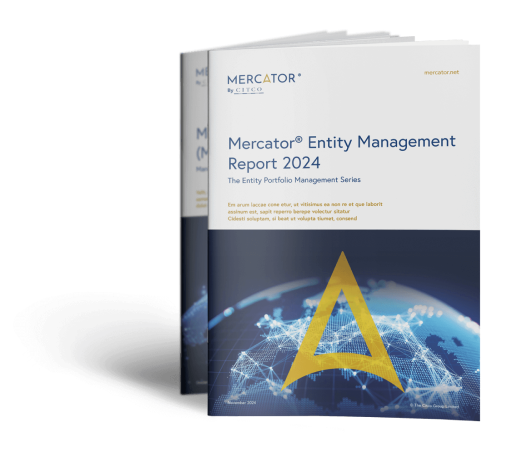The information contained in this document is marketing material and for informational purposes only. The information contained in this document is presented without any warranty or representation as to its accuracy or completeness and all implied representations or warranties of any kind are hereby disclaimed. Recipients of this document, whether clients or otherwise, should not act or refrain from acting on the basis of any information included in this document without seeking appropriate professional advice. The provision of the information contained in this document does not establish any express or implied duty or obligation between Citco and any recipient and neither Citco nor any of its shareholders, members, directors, principals or personnel shall be responsible or liable for results arising from the use or reliance of the information contained in this document including, without limitation, any loss (whether direct, indirect, in contract, tort or otherwise) arising from any decision made or action taken by any party in reliance upon the information contained in this document. © The Citco Group Limited, December 2024.
Argentina – New regulatory framework enacted
As of the 1st of November 2024, a new regulatory framework is in effect in Argentina, applicable to all local and foreign entities registered with the Public Registry of Buenos Aires (IGJ).
This follows General Resolution No. 15/2024, published by the IGJ on the 16th of July 2024.
The resolution of aims to simplify the administrative procedures and requirements before public bodies, in order to promote economic development and encourage foreign investment.
Key changes for foreign entities
- Annual information regime filings have been removed. Information on the ownership of noncurrent assets/activity outside the Argentina, among other things, was also updated, but this will no longer be required of foreign entities.
- Foreign entities are no longer required to evidence ownership of assets held abroad to demonstrate that their main activities are performed outside Argentina.
- Foreign entities can participate in meetings of local entities registered with the IGJ. This can be via a registered representative, by an attorney-in-fact appointed by the representative, or by an attorney-in-fact of the foreign company.
Key changes for local entities
- It is possible to have multiple activities within the corporate purpose. The activities are no longer required to be related to corporate capital.
- Capital contributions with digital assets have been regulated.
- Requirement to notify the IGJ about decisions related to the distribution of anticipated dividends is no longer applicable.
Requirement to allocate the profits yielded in the financial statements has been removed, maintaining the obligation to consider the negative results that entail a cause for dissolution or mandatory reduction. - It is no longer required to set a share premium in capital increases made with the effective contribution of the equity holders in cases when they were not approved unanimously.
- Digital record of remote meetings is no longer required if the meeting is attended by all participants. Meetings may be held remotely even if not foreseen in the bylaws.
- Requirements for substantial plurality of shareholders have been eased.
- A term for expiration of IGJ procedures has been set in place. Procedures will expire 60 days after having had no movement due to causes attributable to the interested party. The interested party will be notified and, if the situation continues for another 30 days, the proceedings will be considered expired and archived.

